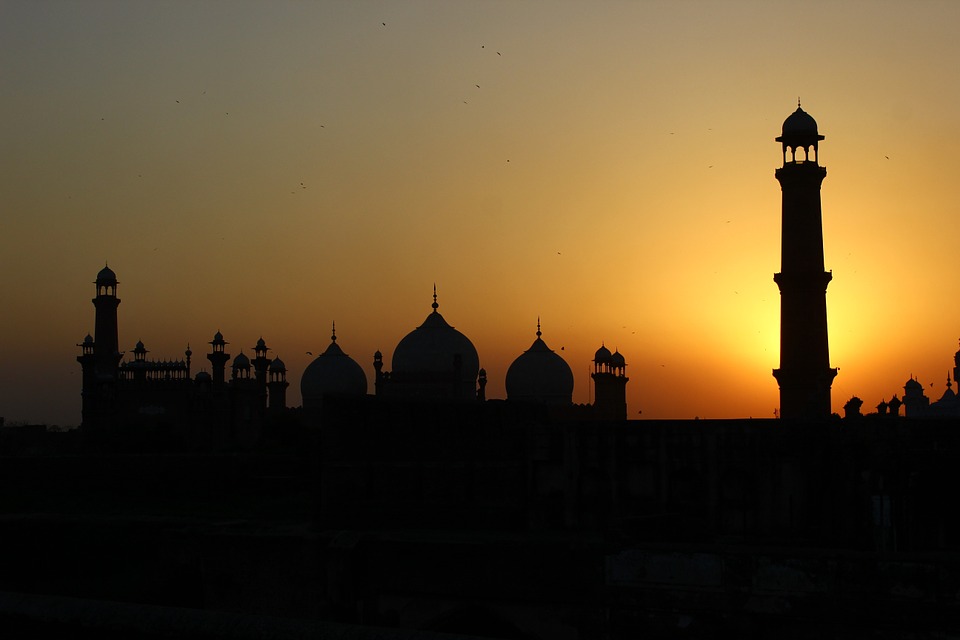International Womens Day Blog Series (1 of 4)
In the build-up to International Women’s day on the 8th of March, I’ll be writing a short blog series regarding some of the famous and not-so-famous women of the world; women who have triumphed in the face of adversity and overcome challenges both worldly and personal. In this first instalment, there is one name that immediately came to mind…

in 1997 Malala Yousafzai was born in Swat, which is in a northern province of Pakistan. The young woman has gone on to achieve many things in her 19 years that most of us would only dream of. Fluent in Pashto, Urdu and English, Malala’s activism was ingrained through her father, and would come to the fore at a time where the Taliban were imposing a ban on women attending school in the area. Her first act of protest came in 2008 where she spoke at a local Peshawar press club. Following this, she was selected to do an anonymous blog series for BBC Urdu, revolving around life as a young schoolgirl at the time. The request for the blog was put to Malala’s entire class, but only her and her family were courageous enough to accept. Malala would document her days in the conflicted area of Swat under a pseudonym, noting how as the violence grew fewer girls would attend classes, until finally the school was shut down in 2009. The schools would eventually reopen, initially only for boys and eventually primary school level girls. It was during this time that Malala first saw excerpts of her writing in the local newspaper.
Malala was eventually displaced from home whilst a second battle for Swat took place. Once the fighting was over, upon her travels Malala became set on becoming a politician. Whilst she had been away a reporter from the New York Times had made a documentary about her, which had boosted her public image, it was also around this time that she was revealed as the writer of the BBC blogs. She would go on to give several interviews on national TV, promoting female education in Pakistan. This, along with more community based activism, would lead to Malala being the first recipient of Pakistan’s National Youth Peace Prize. Given to her by the Prime Minister Yousaf Raza Gillani, a school was renamed in her honour and an IT campus was built in the Swat Degree College. The honour would eventually be renamed after her.
The publicity following these awards had made Malala famous, and the values she stood up for were an affront to the Taliban. When other means of intimidation, such as death threats under her door, online and in newspapers had all failed, Taliban leaders unanimously agreed to kill her. An assassination attempt was made on the 9th of October 2012, which involved a Taliban gunman getting on a bus calling out for Malala and shooting her in the head, with the bullet eventually ending up in her shoulder. Amazingly, after a year of being hospitalized, Malala made a full recovery. An ‘unfortunate’ side effect of the assassination attempt is that it made Malala’s plight an international one, and once she had recovered she would go on to make a speech at a UN summit, meet the Queen and meet President Barack Obama, where she even confronted him on his use of drone strikes in Pakistan; all the while continuing her activism. All this would eventually culminate in her being the co-recipient of the 2014 Nobel Peace Prize. At the tender age of 17, Malala Yousafzai is the youngest Nobel Laureate ever, and surely one of the most inspirational women in living memory.
Vandu Language Services will be supporting Eastbourne Borough Council and Creative Force to hold an event to celebrate International Women’s Day on the 8th of March in Eastbourne. Please check our twitter page for more information @VanduLanguage or email marketing@vlslanguages.com
